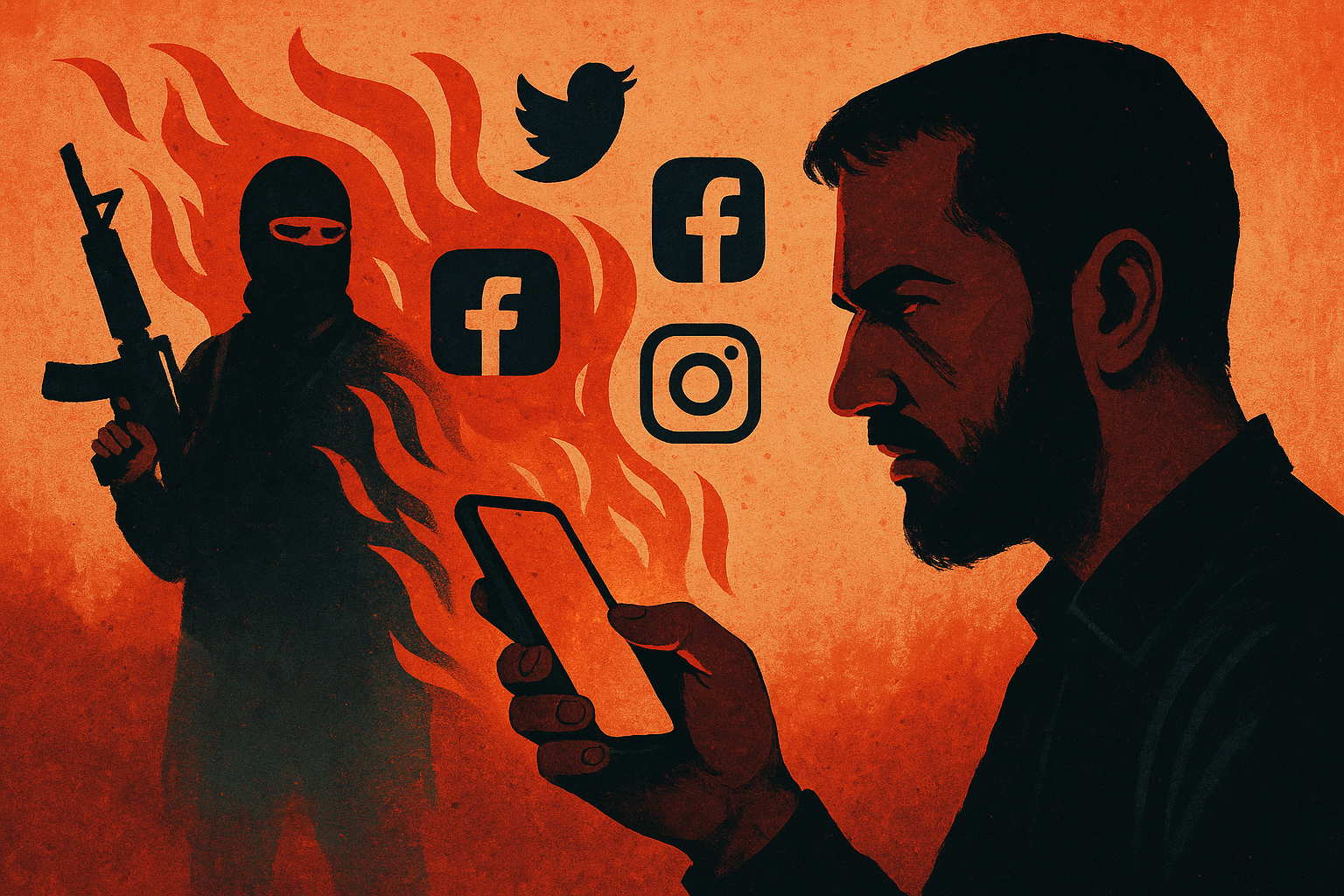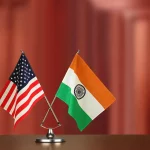In a significant move following the April 22 Pahalgam terror attack, the Standing Committee on Technology has called upon the central government to take immediate action against social media influencers and platforms accused of inciting violence and spreading divisive content. The committee, in a formal memorandum sent to the Ministry of Electronics and Information Technology (MeitY) and the Ministry of Information and Broadcasting (I&B), highlighted the growing influence of digital media in radicalizing youth and disrupting communal harmony.
The memorandum comes in the aftermath of the deadly attack in Pahalgam, Jammu and Kashmir, where 26 civilians, mainly Hindu tourists, were killed in an assault claimed by The Resistance Front (TRF), a known affiliate of the Pakistan-based Lashkar-e-Taiba. Investigations revealed that one of the attackers, Hashim Musa, was formerly part of Pakistan’s paramilitary forces, intensifying concerns over cross-border terrorism and its digital amplification.
The Standing Committee expressed alarm at the role of online influencers in fueling tensions and warned that unregulated platforms could be contributing to a cycle of radicalization and violence. It has directed MeitY and the I&B Ministry to submit actionable regulatory proposals and provide a soft copy of the Information Technology (Intermediary Guidelines and Digital Media Ethics Code) Rules, 2021, by May 8 for review.
The Pahalgam tragedy has reignited national debates over the misuse of digital platforms. Prominent political figures, including Congress leader Rahul Gandhi and AIMIM president Asaduddin Owaisi, have condemned the attack and stressed the urgency of addressing its broader implications. Meanwhile, the Jammu and Kashmir Police have announced a ₹6 million bounty for information leading to the arrest of three suspects, two of whom are Pakistani nationals.
As the country awaits the ministries’ response, the government faces the critical challenge of upholding free speech while preventing digital spaces from becoming breeding grounds for extremism. The committee’s intervention signals a potential tightening of digital media regulations in the interest of national security.













